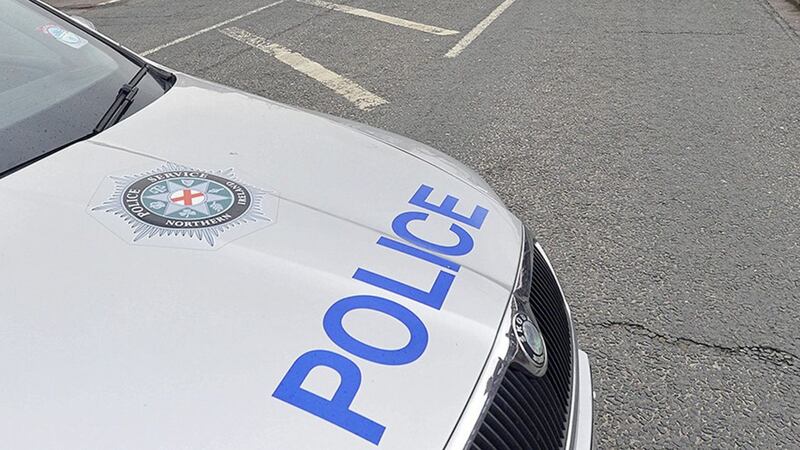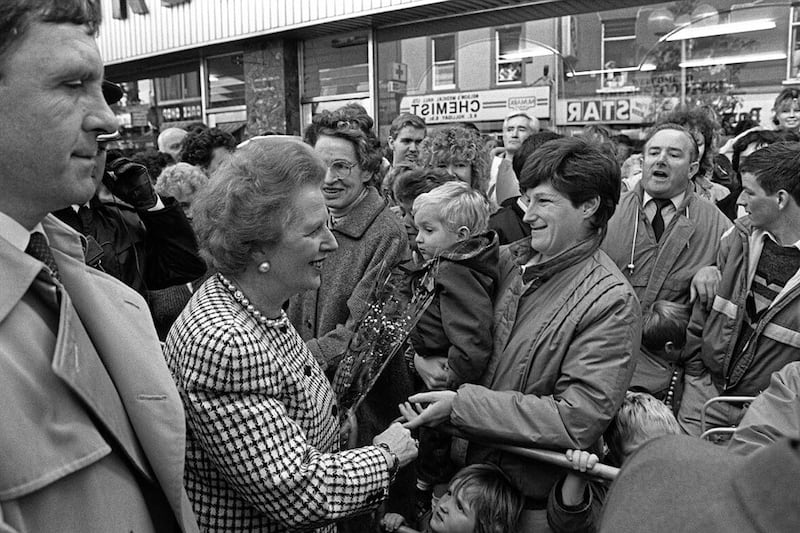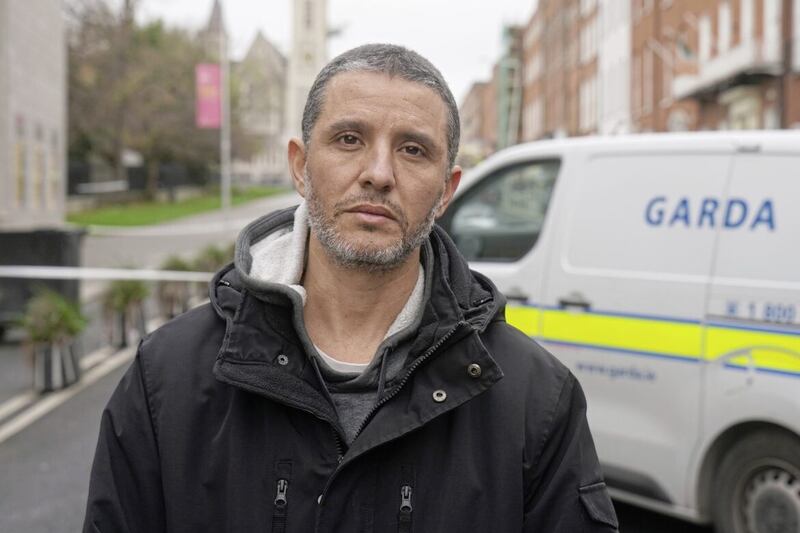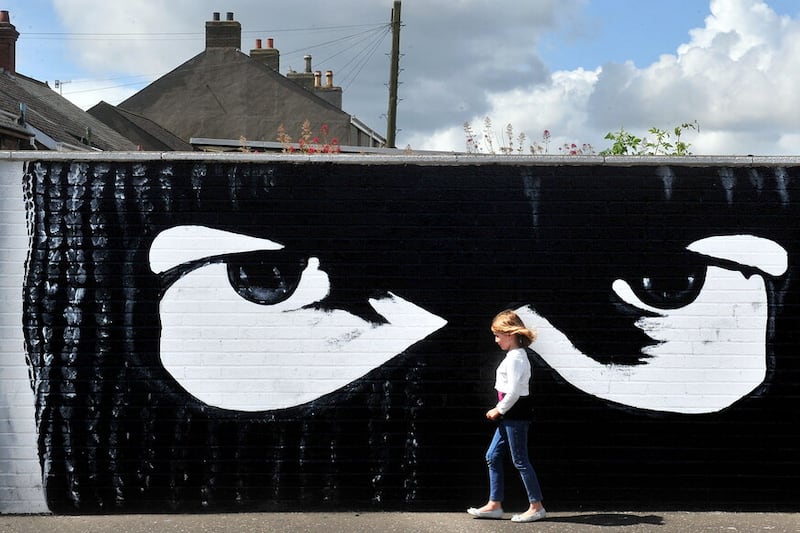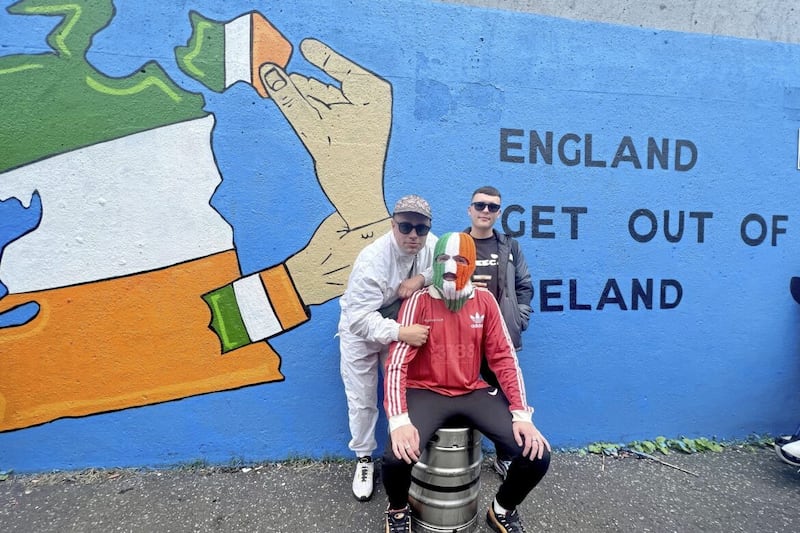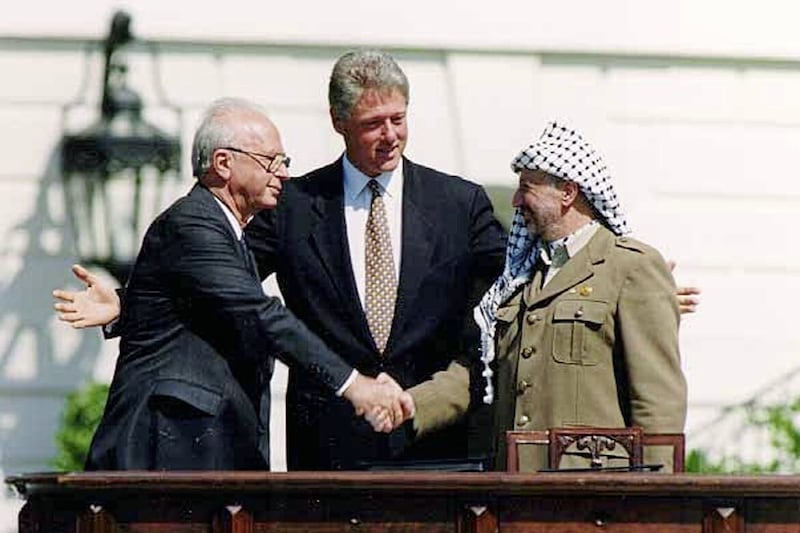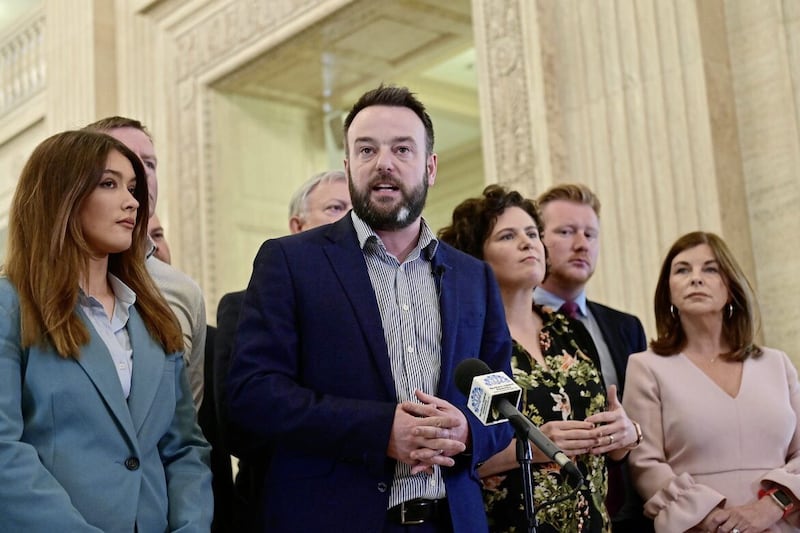A police officer by definition has several relatively straightforward roles: apprehend criminals; prevention and detection of crime; protection of life and property; and the maintenance of law and order.
Of course beyond that there are roles in organised crime task forces, drug squads, people trafficking and counter-terrorism.
Crime has become more sophisticated and so too has policing. The nature of policing has evolved since the cosiness of Dixon of Dock Green or the brutality of The Sweeney.
Robert Peel, widely regarded as the father of modern day policing said: “The police are the public and the public are the police’. That is often forgotten.
Policing is regarded as something which is done to or for the public. Yet Peel was right - policing only works when police and the public are at one.
The tragedy of policing in Northern Ireland is that it became the physical enforcement arm of a single political class. This changed with the creation of and then implementation of the Patten Reforms on policing. The Patten Report was transformative.
To his credit the then Chief Constable Ronnie Flanagan embraced change - even if he wasn’t always sure where it would lead.
There was no doubting the bravery of many RUC personnel during the 1970s and 80s. But the kitchen culture of the RUC was a cold place for Catholics/nationalists. Within certain elements this ‘kitchen’ culture developed more sinisterly into collusion with paramilitaries.
There were barrels full of rotten apples.
Collusion was sometimes sanctioned at the highest levels with deadly consequences. This undermined and no doubt disillusioned many serving officers who were just trying to be good at their jobs. But a police service under fire blinds itself to its shortcomings and the RUC was a myopic force.
Changing a culture is not easy and therefore it was necessary to have a policy of 50/50 recruitment. Many Protestant/unionists saw employment in the police just as much of an entitlement as their co-religionists saw employment in the shipyard. Yet policing is not a sunset industry like shipbuilding. The requirement for a police service is ongoing.
Patten rather optimistically believed Northern Ireland would normalise after about ten years. We now know there is nothing normal about Northern Ireland. It remains a place apart. A divided and sectarian society where miles of peace walls are but the visible manifestations of hard hearts and mental polarisation. The north is a tribal place riven by divisions across every class and creed. This has presented unique challenges for the PSNI.
Policing is now at a crossroads. Worryingly its fate lies with politicians.
Patten envisaged a police service of 7,500 full time officers and 2,500 part-time officers. We currently have 6,800 personnel and only 277 part-time police officers. Normal policing duties are bogged down in the policing of interfaces, bonfires, marches, dissidents and tackling over 90 organised criminal gangs including paramilitaries in Northern Ireland.
The ridiculous decision to close down the Historical Enquiries Team has heaped even more pressure onto the back of the PSNI. This is not sustainable. Successive chief constables have made the case that they cannot police the past and the present and yet over 70 detectives are still working on legacy cases.
If public satisfaction rates with the performance of the PSNI are lower than services elsewhere it’s because tackling ordinary crime is playing second fiddle to legacy.
But how fair is it to expect a police service where over 80 per cent of its officers joined post-RUC to take responsibility for historical investigations without being tainted with the failures of their predecessors? It’s not.
Added to policing woes is Brexit.
The PSNI Chief Constable Simon Byrne has told the British Prime Minister Boris Johnson to his face that he currently has no plans to put police officers along the border in the event of a hard Brexit. But is anyone listening?
A policeman’s lot is definitely not a happy one.

